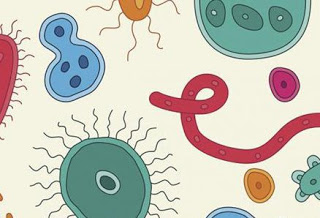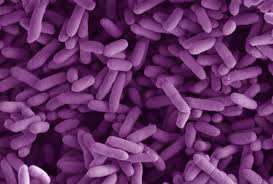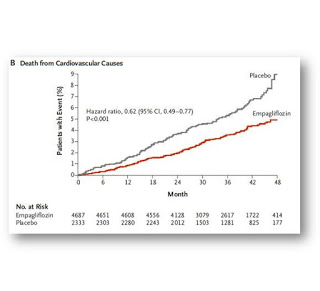As blogged previously, we are learning that the bacteria we carry in our intestines (called the gut microbiota) have a role in obesity. While we still seem to have more questions than answers on this topic, a fascinating review was just published, discussing some very interesting perspectives on this topic. Here are some key points:
1. We know there is an association between certain types of gut bacteria and obesity. However, which is the ‘chicken’ and which is the ‘egg’, so to speak, is not clear, and the answer may be both. In other words, there is evidence that certain types of gut bacteria contribute to the development of obesity, while others are protective. There is also evidence that developing obesity can change the gut bacteria in favour of those that further contribute to obesity.
2. Several ways that gut bacteria can contribute to obesity are identified:
- some gut bugs are better at helping us extract calories from food by fermenting otherwise indigestible fibers
- gut bacteria can influence permeability (leakiness) of the gut lining, allowing bacterial products into the bloodstream that can trigger an obesity-promoting low grade inflammatory response
- short chain fatty acids produced by gut bugs may have an effect on the gut’s barrier function, as well as inflammation and appetite
- (particularly fascinating in my opinion:) gut bacteria can have an impact on the genes we express in the hunger/fullness center in the hypothalamus in our brains through effects on inflammation and nerve signalling.
There is preliminary evidence that some strains of bacteria, provided as probiotic supplements, may be of benefit in weight management, but there is still much to learn in this area. There is also a lack of regulation in the supplement industry and a huge variation in what different probiotic supplements provide, so it can be hard to know what you’re getting. Some studies suggest that some fibres with prebiotic like effects may be beneficial as well.
Interestingly, metformin, which is an antidiabetic medication, has been shown to alter gut bugs in rodent studies in favour of a gut bacteria that is associated with less adiposity. (While metformin is considered to be weight neutral, some people do lose weight with it.) Also, metformin loses efficacy in animals when pretreated with antibiotics – could this be because of an alteration in gut bacteria?
Fecal transplant (yes, you read that correctly!) is also being considered as a possible treatment strategy for obesity.












